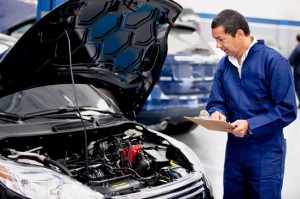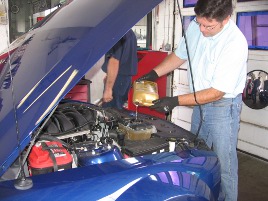 Our vehicles need to operate in a wide range of temperatures. That’s why vehicle manufacturers use testing grounds from the frozen tundra to the blistering desert. The engine antifreeze/coolant in your cooling system must be able to perform in these extreme temperatures.
Our vehicles need to operate in a wide range of temperatures. That’s why vehicle manufacturers use testing grounds from the frozen tundra to the blistering desert. The engine antifreeze/coolant in your cooling system must be able to perform in these extreme temperatures.
Antifreeze/coolant has to move heat away from the engine to prevent costly damage. Water does a very good job of holding heat, but it freezes at thirty two degrees.
That’s why we mix anti-freeze with water – it lowers the freezing point of the coolant, and raises the boiling point as well. A fifty/fifty blend of water and antifreeze/coolant is the usual recommendation for Colorado motorists.
And on top of that, antifreeze/coolant has the job of protecting the components of your vehicles cooling system from corrosion. Your manufacturers owners’ manual will tell you what kind of antifreeze/coolant you should be using in your car. Of course, at Express Car Care, we can advise you on what coolant to put in your vehicle.
Cooling system failure is one of the most common mechanical problems for Denver motorists. Much of that can be avoided by following factory scheduled service intervals. Check your owner’s manual or with your Express Car Care service adviser for recommendations. He can also conduct a cooling system inspection to look for leaks, weak hoses or bad connections.
Give us a call
Express Car Care 303-691-2760

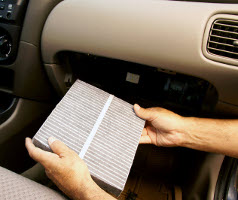
 Are your headlights working? Every day brings darkness to us a bit earlier – and good working headlights will light your path and keep you safe. A simple headlight bulb may be the solution.
Are your headlights working? Every day brings darkness to us a bit earlier – and good working headlights will light your path and keep you safe. A simple headlight bulb may be the solution.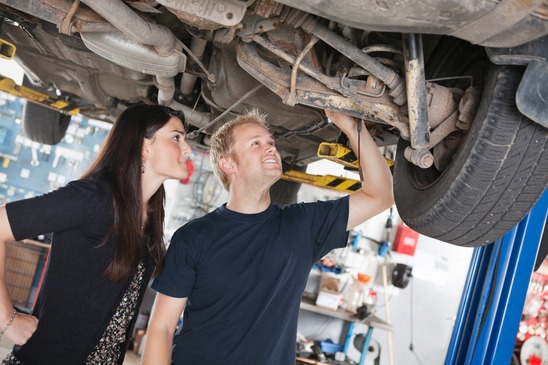 Cars of today are capable of making it a lot further than they were even just a few short years ago. To keep cars in top running order, regular maintenance is needed. But just like cars have changed and improved over the years, so to has the way we should regularly maintain our cars.
Cars of today are capable of making it a lot further than they were even just a few short years ago. To keep cars in top running order, regular maintenance is needed. But just like cars have changed and improved over the years, so to has the way we should regularly maintain our cars.
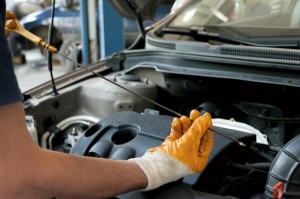 However, I am coming to discover that this tool for transportation has needs too. So, if I want my car to continue shuttling me safely from one place to another, I need to show it a little love back.
However, I am coming to discover that this tool for transportation has needs too. So, if I want my car to continue shuttling me safely from one place to another, I need to show it a little love back.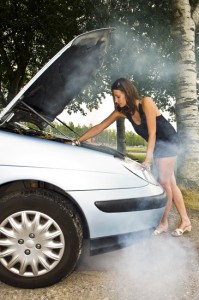 Unfortunately, for many of us, a new car isn’t in our immediate future.
Unfortunately, for many of us, a new car isn’t in our immediate future.